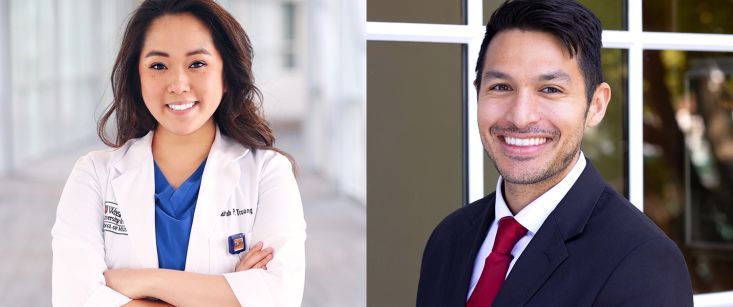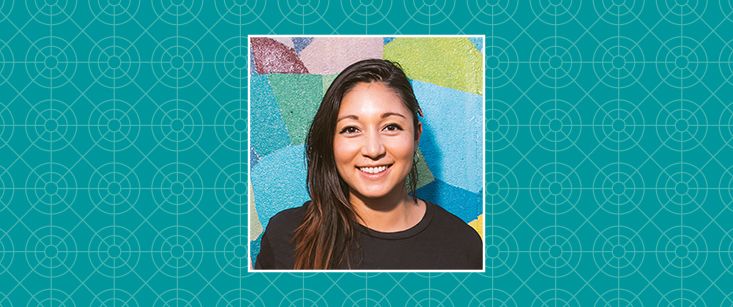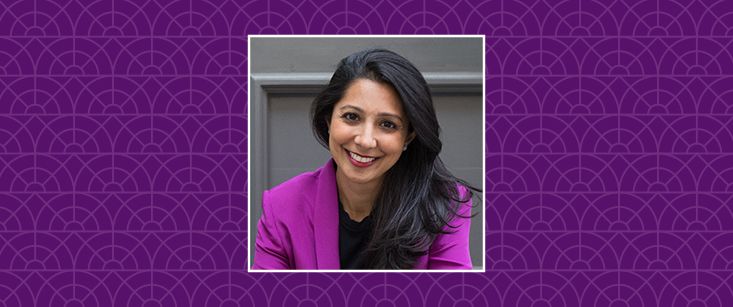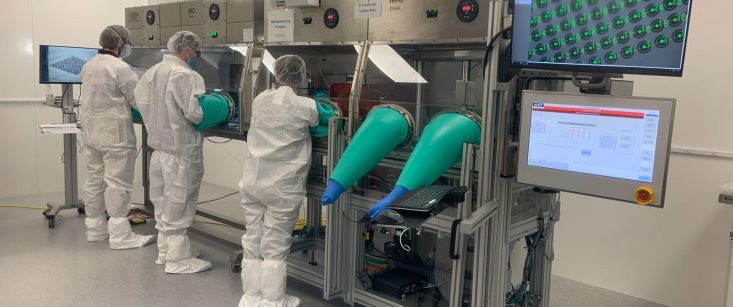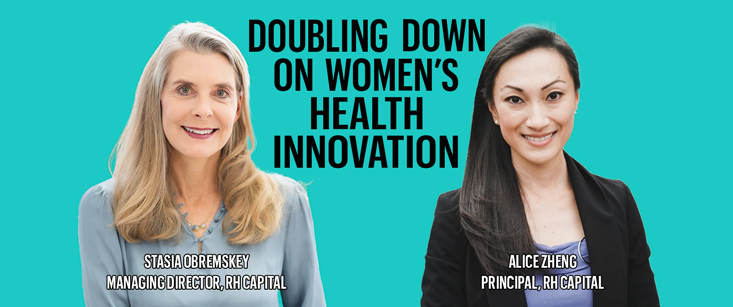Blog
Blog
Health Supplement
Health Supplement
Recently the HCI was able catch up with this year's Health Care Club co-presidents Morgan Moncada and Hannah Truong as they reflect on their HBS experience, their thoughts on the current health care systems, and where they will be headed in the future.
In keeping with our mission to connect students, alumni and the greater health care community, we will continue to feature other members of the HCC throughout the upcoming school year to share their thoughts, experiences, and activities with us as well. [...]
Globally, there are about 350 million people, or 8% of the population, with a rare disease, yet only 5% of these diseases have an approved therapy. It’s a dilemma that is historically overlooked, largely because it’s hard to make a profit from a treatment that affects so few people. How do we empower patients with rare diseases when a lack of treatment options and awareness can result in significant health complications? [...]
Right now in the United States, at least 50 million women are entering menopause, and a recent survey has shown a majority of them face a lack of care, treatment, and support from their existing providers, and a sense of isolation. What can leaders, entrepreneurs, investors, etc. do to give the female workforce the tools to thrive during this important health journey? [...]
As an HBS student in Professor Vicki Sato’s Commercializing Science class, I wanted to tackle an unmet global health care need by applying my engineering and business skills to a solvable problem. Working with my co-founders, we saw an opportunity to supply much-needed vaccines worldwide without refrigeration or cold storage using silk. [...]
As investors and advocates in women’s health, we view the recent SCOTUS decision in Dobbs v. Jackson Women’s Health Organization, which overturned Roe v. Wade, as a significant step back in women’s health and rights. Now is the time to capitalize on the growing momentum in women’s health innovation and investment to meet new and existing gaps in care. [...]
Load More Loading...

